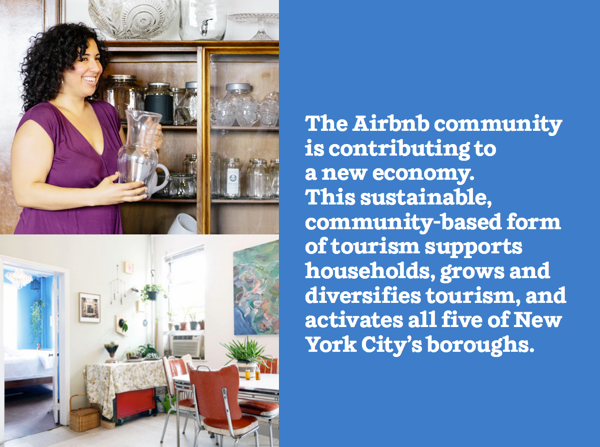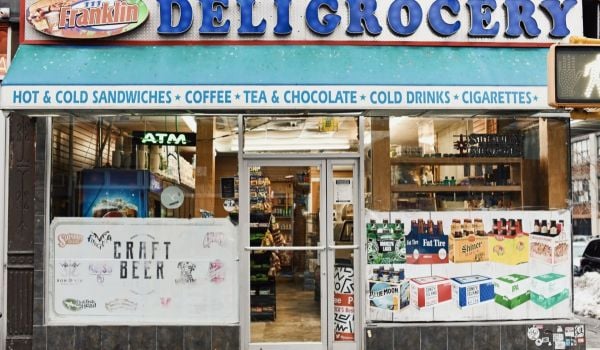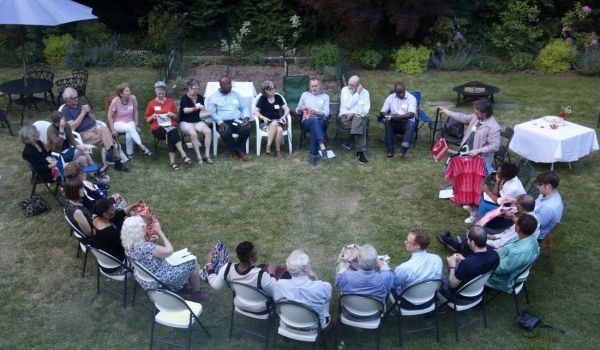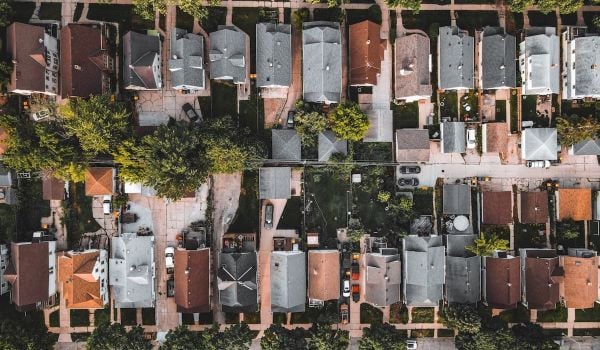Tech and politics writer and analyst Tom Slee has run the numbers on Airbnb, and he’s concluded that they tell a very different story than the one the company tells about being rooted in the founders’ renting out an air mattress (thus, the “air” in Airbnb) on a busy San Francisco weekend. “Today’s Airbnb has nothing to do with the ‘origin myth’ that the company promotes,” writes Slee, whose post was picked up on by techPresident’s Sam Roudman yesterday. “Airbnb’s financial interests do not align nearly as closely with its ‘community’ as it claims.”
How’s that? Slee wrote a software script to scrape the site for New York City listings, finding 9,527 offered by 7,112 hosts. He found that 85 percent of hosts were renting out just one room, and full 92 percent were renting out from just one address. Those numbers would seem to back up the idea that Airbnb consists mainly of small-time hosts, which comports with the story that Airbnb is making about itself, including in a recent New York Times piece that called Airbnb rentals “lucrative but often illegal.”
“But looking at it another way,” writes Slee,
[O]nly 63% (6038 of 9527) of rooms are single-room offerings (that is, a host who offers only one place to stay). And only 53% (60439 of 114659) of bookings are in single-room offerings (using reviews as a proxy for bookings). Assuming the same length of stay in each place, the amount of revenue that comes from single-room renters is 54%. That is, very nearly half of Airbnb’s business is from hosts who are renting multiple offerings.
In other words, the bulk of the Airbnb hosts currently operating in New York City are small-time hosts, but a significant chunk of Airbnb’s business in New York City comes from big-time proprietors. Slee takes particular issue with the fact that just 6 percent of hosts are actually sharing their own rooms while they’re there, which may or may not have been the set-up that Airbnb’s founders were talking about when they talk about throwing down an air mattress on their apartment floor years ago.
At which point you may well be saying, who cares? Tech company founders make up creation myths — it’s what they do.
Now, the details here matter a great deal to New York State’s attorney general, who is going after Airbnb for records on rentals in New York, arguing that, per a spokesperson for the AG in that Times piece, Airbnb is interested in defending not the small host but the “highly profitable, illegal businesses that make up a huge chunk of its corporate revenue.” Airbnb would rather put out what it calls “economic impact studies” that avoid details on methodology or sources. Slee’s analysis goes around that reluctance to dish.
But what’s mostly missing from the debate thus far is what the law should be. The opportunity here is to start with the public policy goals and work backwards to assess whether, for example, limiting rentals to 30 days makes sense anymore. The law once relied upon the idea that being willing to co-occupy a space in real-time limited the sharing of housing to family and friends; does the fact that Airbnb profiles can be tied to Facebook accounts change that dynamic? Does the “primary residence” rule that often governs these things make sense in New York City, where some people really do, god bless ‘em, use their place as a pied-à-terre?
Airbnb’s legal standing is confusing enough at this point that the New York Times’ piece relies upon phrases like “happens to generally be illegal,” and “zoning laws may still limit the practice” and “might surmount legal hurdles” (emphasis added in each case). The questions embedded in that confusion are ones that data can help inform, but that that data alone don’t answer.

Nancy Scola is a Washington, DC-based journalist whose work tends to focus on the intersections of technology, politics, and public policy. Shortly after returning from Havana she started as a tech reporter at POLITICO.
















